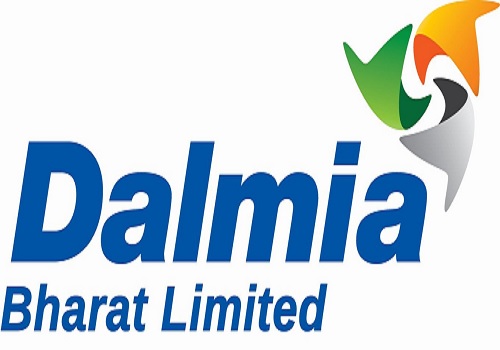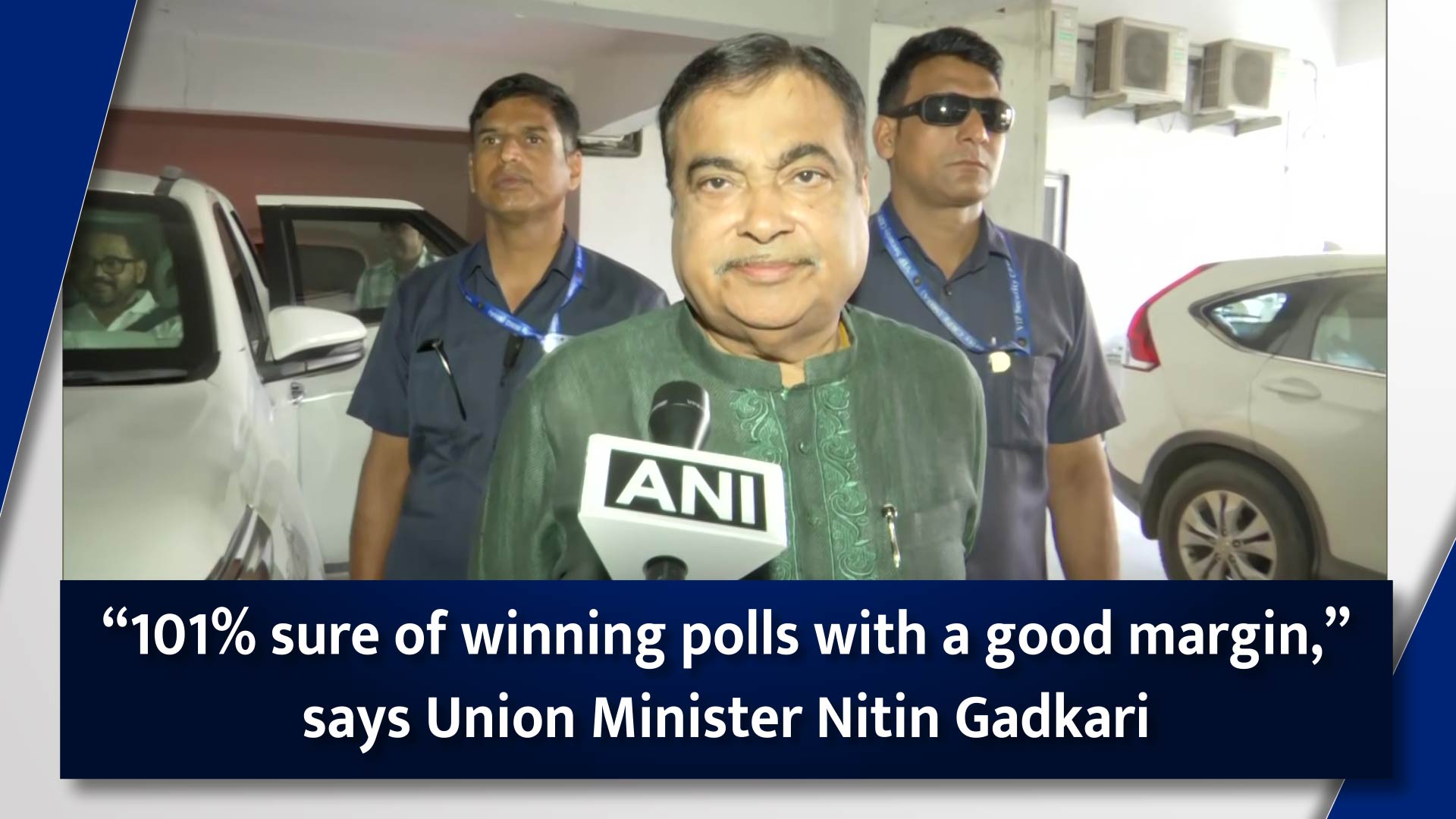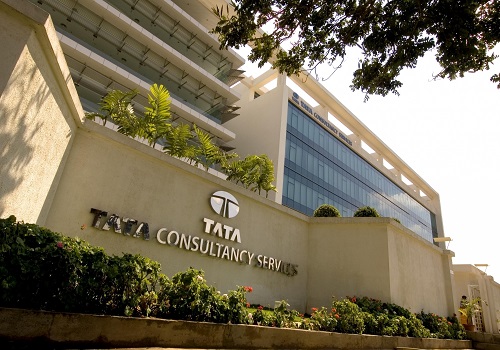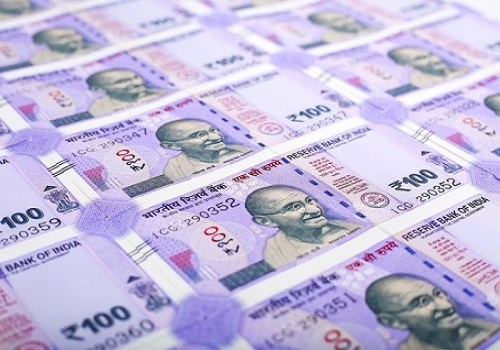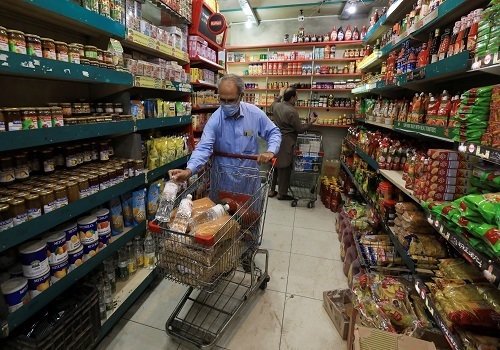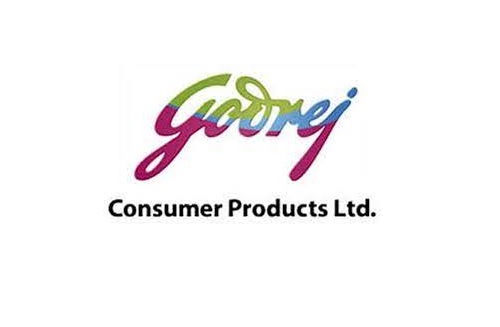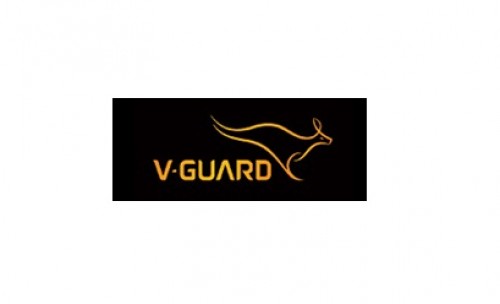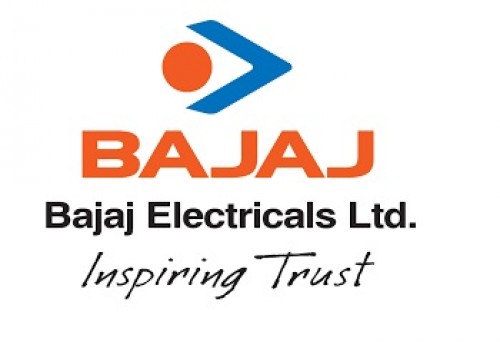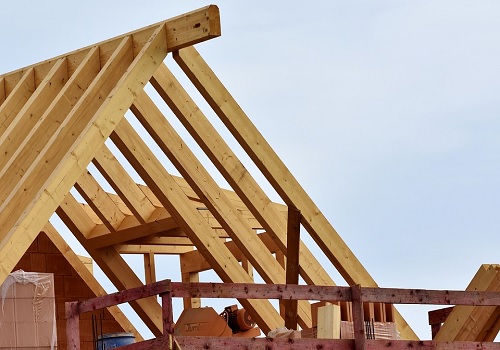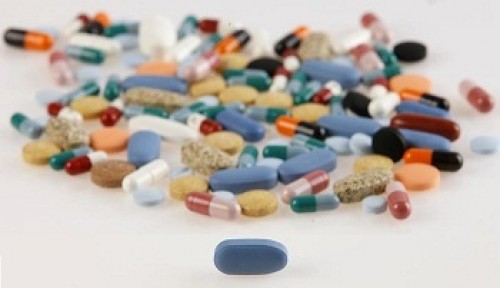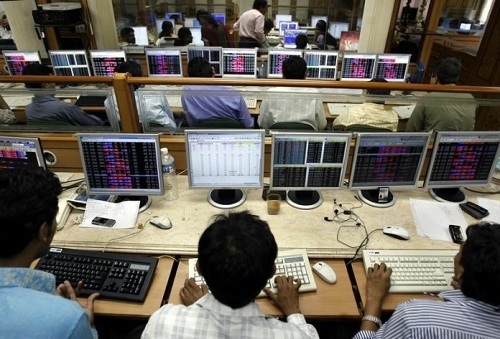Consumer Goods Sector Update - Agri commodity prices soften from their peaks benefiting Staple companies By Motilal Oswal
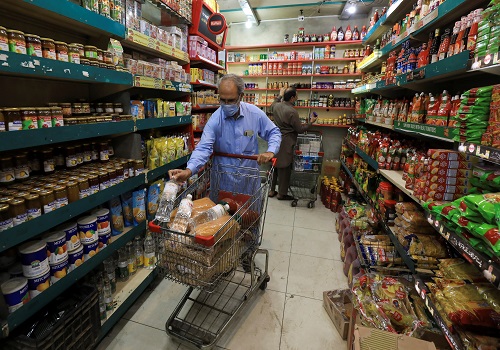
Follow us Now on Telegram ! Get daily 10 - 12 important updates on Business, Finance and Investment. Join our Telegram Channel
https://t.me/InvestmentGuruIndiacom
Download Telegram App before Joining the Channel
Agri commodity prices soften from their peaks benefiting Staple companies
In this edition of our Consumer sector update, we analyze the price movement in key commodities and identify companies under our coverage that could benefit from or be negatively impacted by it. It is relevant to analyze price trends from the perspective of 1QFY22 earnings and beyond, as topline growth in the sector is expected to gradually recover post the lifting of lockdowns announced by most states, with the decline in COVID19 cases and the vaccination drive continuing at a healthy pace. The impact on Discretionaries would be particularly notable as sales were significantly affected due to reduced mobility for the better part of 1QFY22.
Agri commodity prices ease from their peaks
* Companies under our coverage are largely expected to report strong cumulative growth numbers on account of the low base set in FY21. While India struggled with the second COVID wave for a better part of 1QFY22, manufacturing and supply chain operations were not affected as they were last year, with companies better prepared to manage the situation. As COVID-19 cases reduce and the nationwide vaccination drive continues, companies indicated that demand had recovered towards the end of 1QFY22. In-home consumption, sales of hygiene products, spurt in sales of healthcare products, and (by and large) continued good rural demand are likely to contribute to growth in Staples. With higher commodity inflation witnessed in 1QFY22, most companies are expected to witness a compression in their gross margins sequentially. However, price hikes taken by most companies and easing commodity prices should augur well over the medium term.
* Crude prices continue to inch higher: Crude prices continue to move upwards, with a 13.1% QoQ increase in 1QFY22. The increase is even sharper when compared to FY21, with prices being 118% higher YoY owing to the low base formed in 1Q (touched a low of USD17.3/bbl in Apr’20). Prices were up 7.4% MoM at USD73.1/bbl (monthly average for Jun’21).
* Agri commodity basket sees prices soften from their peaks, but remain higher YoY: Barley, molasses, palm oil, and SMP prices saw the sharpest sequential increases, with most other Agri commodity prices remaining flat or reporting a marginal increase. Barley costs were up 25.1% YoY and 25.2% QoQ in 1QFY22, touching a one-year peak of INR2,013/quintal in Apr’21. While the Molasses index is up 9.3% QoQ (up to May’21), it is only 2.3% higher YoY. Palm oil prices touched a fresh high of MYR4,794/MT in May’21, with average prices up 84% YoY and 6.9% QoQ in 1QFY22. Current prices are 19% lower than their peak, which may offer some relief to companies going forward. The recent cuts in import duties on crude and refined palm oil until Sep’21 by the Indian government would help soften domestic prices. SMP prices rose 8.7% YoY and 5.6% QoQ in 1QFY22. The movement in copra prices is interesting. Prices are 22.8% higher YoY, but 7.5% lower QoQ (up to May’21). Prices are 14.1% lower than their Mar’21 peak of INR205.5/kg, due to a good harvest. Mentha oil prices declined by 12.1% YoY and 1.8% QoQ.
* Non-Agri commodity basket continues to see sharp inflation: VAM cost rose sharply (184% YoY and 13.1% QoQ) in 1QFY22. Palm Fatty Acid Distillate (PFAD) prices rose 81.2% YoY and 8.2% QoQ. Gold prices (MCX) rose 10.3% YoY, but were flat QoQ. Titanium dioxide (TiO2) costs rose 14.1% YoY and 5.7% QoQ.
* On an average, the entire commodity cost basket witnessed some degree of inflation on a YoY and QoQ basis (up 39.1%/6.2%). While moderate inflation is seen in the Agri basket (up 14.4% YoY and 4.7% QoQ), mostly led by higher palm oil and barley prices, average prices have come off their peaks, down 4.4% MoM in Jun’21. The non-Agri commodities basket continues to see sharp inflation on a YoY and QoQ basis (up 68.9%/8.6%). This will affect margins and demand for Discretionary players as price hikes needed to pass on the input cost inflation will be steeper.
Impact on top picks: GCPL, BRIT, DABUR, MRCO, and UNSP
GCPL: We believe higher palm oil prices during 1QFY22 will have some impact on margin, though prices are now 15-20% from their peaks.. Some of the price increases taken (albeit with a lag) should be enough to offset higher raw material prices as long as palm oil prices continue their deflationary trend. Other commodity costs continue to remain manageable.
BRIT’s major raw materials were exceptions to the inflationary trends in 1QFY22, though higher prices for edible oil, dairy, and packaging are expected to put some pressure on margin. Wheat prices continue to remain benign. The inflation in sugar cost was also moderate. The management has guided at 3% inflation in raw material costs, which is manageable. Even so, they have engaged in some pricing action towards the end of 4QFY21. Stable wheat and sugar costs should enable BRIT to continue its penetration-led growth strategy in the hinterlands, led by LUPs (low unit packs), especially in Glucose and Milk Biscuits category.
DABUR: Higher crude price-related packaging costs as well as increasing LLP costs are expected to put some pressure on gross margin in 1QFY22. DABUR has already taken a 3% price increase during 4QFY21, with further rounds in 1QFY22 to offset higher raw material costs. The management expects prices to normalize in 2HFY22. It has already stated its commitment to maintain operating margin in FY22 vis-à-vis last year, with cost savings being a key factor. With INR500m of cost savings in FY21, it is targeting ~INR1b of cost savings in FY22.
MRCO: While MRCO was one of the most affected companies among Staples in 4QFY21, input costs in 1QFY22 eased after peaking at the start of the quarter. The management expects gross and operating margin to deliver a significant improvement QoQ.
HUVR: While there has been some softening of palm oil prices in the last two weeks, Apr-May’21 continued to witness raw material inflation. In our recent interaction with the management, they guided that in the case of tea, there is hope that the new crop, due to arrive in Jul’21, will lead to a softening of prices. HUVR has raised prices in Soaps, Detergents, Home Products, and Tea in 1QFY22.
UNSP: Indian molasses WPI was up 2.3% YoY, though higher by 9.3% QoQ, in 1FY22 (up to May’21). The major cost pressures for UNSP is expected from higher ENA prices as OMCs continue to procure ethanol from sugar mills at attractive prices. The company is working on securing its own captive supply of ENA for which it is in talk with distillers.
Other materially impacted commodity companies: APNT, PIDI, HMN, and UBBL
APNT and PIDI: Starkly higher vinyl acetate monomer (VAM) prices are likely to play spoiler for PIDI as it is a key raw material. TiO2 (a key raw material for APNT) and crude costs too are seeing inflationary trends on a YoY basis. Other crude based raw materials for APNT is also likely to see double-digit inflation. The healthy sales growth outlook for both APNT and PIDI over the coming quarters will offset some impact on EBITDA margin as would some cost reduction measures. APNT raised prices in May’21 and Jun’21. APNT and PIDI will continue to be affected as current crude-based raw material trends sustain, particularly with Brent Crude prices trending above USD70/bbl levels
HMN is expected to be a key beneficiary of the ongoing decline in mentha oil costs. A muted growth outlook would likely restrict the potential upside from such benefits. Summer season sales are crucial in determining 1QFY22 performance.
UBBL and GSKCH: Sharp increase in barley costs could affect the gross margins of UBBL and SKB (now merged with HUVR). UBBL is expected to deliver weak sales and earnings owing to the lockdowns imposed during the crucial summer quarter for beer, where the on-trade channel accounts for a bulk of the sales.
To Read Complete Report & Disclaimer Click Here
For More Motilal Oswal Securities Ltd Disclaimer http://www.motilaloswal.com/MOSLdisclaimer/disclaimer.html SEBI Registration number is INH000000412
Above views are of the author and not of the website kindly read disclaimer
